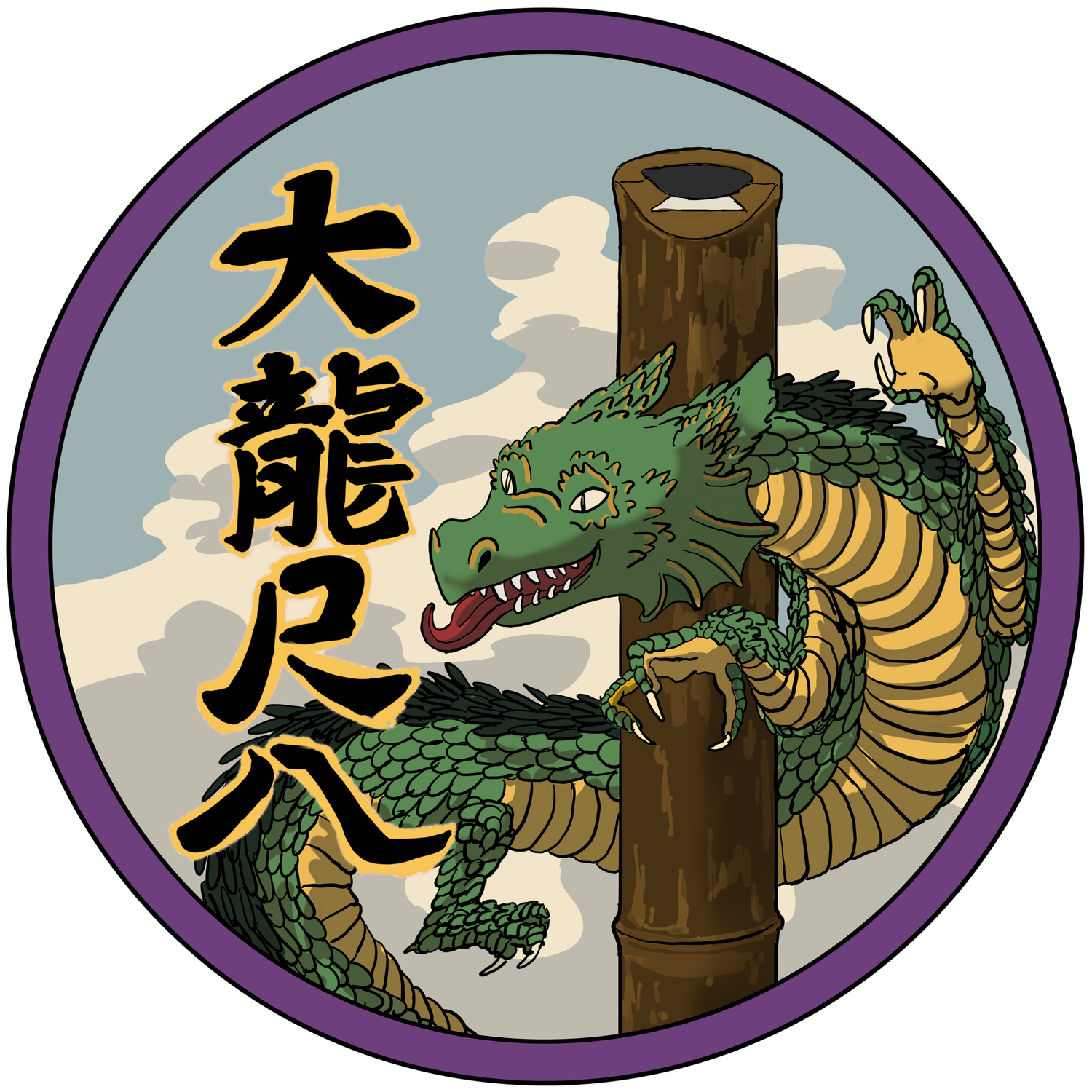Why Do We Robuki For 10 Minutes A Day?
I can’t tell you how many times I have heard, seen, talked about Ro-Buki and it’s importance. I encourage my own students to do Robuki every single day and we even start our lessons with a little Robuki to work on our sound but what is Robuki and why is it so important?
Robuki is a long tone practice and we all understand what long tones are. They are simply long tones. However, Robuki is specifically playing Otsu no Ro, all holes covered in the lower octave. There are so many benefits from practicing Robuki and let’s go through some of them.
First off the key of Robuki is the consistency to get it to work right. Think of any professional athlete and how much time they spend working on their body. Now replace athlete with musician and body with tone. Think of any professional musician and how much time they spend working on their tone. Makes sense now, right? Athletes lift weights and exercise daily and push themselves to the next level. We as musicians need to do the same thing with our tone. Doing Robuki properly every day will move your technique along extraordinarily quickly. One of my students noted, “after doing Robuki earnestly for a week, I noticed how much easier it was to play in the Kan register.”
So the big question, what am I working on when I practice Robuki every day?
1. Robuki helps develop strength and Stamina by sustaining a note for a long period of time, the muscles in the face are forced to sustain the same position and in turn improving those muscles.
2. Robuki gives you the opportunity to listen to your sound-and when we listen to our sound, we want to improve our sound.
3. Robuki gives you time to analyze your air stream. Widening and tightening the lips which dictate the timbre of your sound.
4. Robukis encourages you to breathe deeply. When you have the expectation of doing a long note, you will inadvertently breathe deeper.
5. Robuki also helps train the arms to hold the instrument for a long period of time which prevents shakiness and will also help improve one’s tone.
6. Robuki is the direct opposite of fast, highly technical passagework which helps to balance out your playing.
7. Robuki trains your lungs to control sustained dynamic volumes (pianissimo to fortissimo)
8. Robuki is also one of the best ways to warm up your body for your practice session or performance.
9. Robuki is also helpful when training your vibrato. A controlled vibrato with a controlled tone will lead you to a warmer and rounder sound.
10. Robuki will enable you to be more relaxed in situations that may be tense. Being relaxed or controlled solved 90 percent of technical problems for shakuhachi players.
Robuki for 10, Thanks for reading.
with warmest regards,
Shawn Renzoh Head

